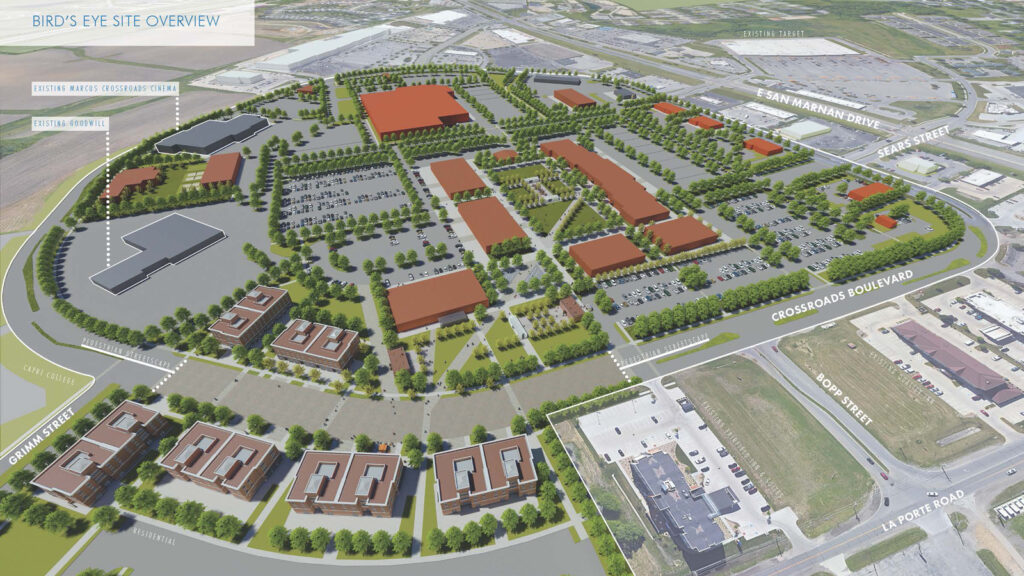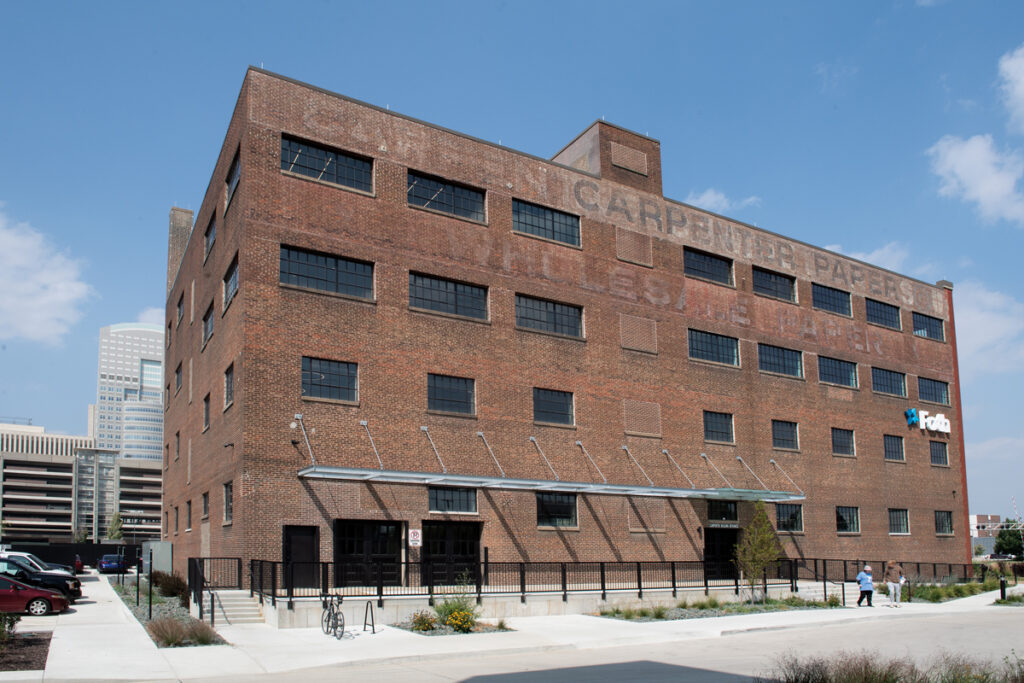Staying low to the ground
Bill Spencer's development company has slowly and quietly accumulated property in prime development locations

If you spot Bill Spencer kicking the clods around a piece of Greater Des Moines real estate, take note: A development opportunity could be afoot.
Spencer is president of Landmark Development Services Inc., a company he founded in 2008 with Simpson College buddy Thomas “T.J.” Kruse.
In recent years, Landmark has been acquiring land that Spencer figured would turn into something someday. If the economy can avoid another pileup, he figures that someday is right around the corner.
Spencer, who brings 24 years of development experience to the company, is low-key, you might say unassuming, as he talks about prospects for pieces of land the company controls in Altoona, Pleasant Hill, Adel, West Des Moines and Urbandale. There are others scattered around the area.
Landmark caught some attention in 2008 when it picked up 265 acres that the Regency companies planned for development near the anticipated 105th Street/Alice’s Road interchange on Interstate 80. The land is on the West Des Moines, or 105th Street, side of the crossing.
If that interchange becomes a reality – Spencer believes it will – it will trigger construction on a grand scale, he and other landowners in the area believe.
For his part, Spencer is willing to bide his time and remain optimistic.
After he lobbied for several years for the extension of Urbandale’s Plum Drive west from 86th Street to 100th Street, crews are clearing land for the road, which will lead to 38 acres of Landmark property.
“Ever since we acquired the property, we’ve been pushing for the street to go in, because once the street goes in you’re going to have people interested in doing things out there,” Spencer said.
Landmark Office Park will feature one- and two-acre lots for small offices, with the possibility of purchasing larger pieces of ground.
Lots of that size fill what Spencer calls a “missing component in the metro marketplace” for small businesses that want to own their buildings, say of 10,000 to 20,000 square feet. Spencer has had inquiries from a law firm and service businesses about the availability of land in the office park. A business needing more space, such as a 100,000-square-foot building, could find it at Landmark Office Park.
Landmark also owns 100 acres in Pleasant Hill, 80 to 100 acres in Altoona and a residential development in Adel, which Spencer views as the area’s sleeper so far as its potential for growth. He describes it as a diamond in the rough
“We’ve tried to position ourselves over the last three to four years to have a variety of real estate around Greater Des Moines to accommodate residential and commercial development,” he said. “Over the last couple of years, we’ve tried to identify residential ground, because Des Moines is running out of platted lots for variety and price point.”
Adel, which recently adopted a seven-year, 100 percent tax abatement for residential construction, is primed for growth, Spencer said. Landmark hopes to begin issuing building permits next month for its Bailey Grove residential development. It has sold six of the 15 lots in the development at prices in the $50,000 range. The development is near the city’s planned aquatic center.
Spencer does a lot of good old-fashioned snooping around to find the properties.
“I go out and look for opportunities,” he said. “We have a real good relationship with the majority of builders, so I meet with these builders to find out what their needs are and where they need lots and the types of lots that they want.
“When I know we have pretty good interest in a community or an area of a community, that’s when I really start hitting the pavement looking for parcels that we might be able to purchase. We move forward if we know we have some common ground with builders. And we do the same with commercial ground.”
Others in the real estate industry have described Spencer as being an aggressive negotiator.
He has experienced firsthand the pitfalls of paying too much for development land. Spencer was a vice president for Regency’s land development arm when the company closed in April 2008.
“I think that being in the business over the last 24 years and seeing some of the things that happened in the market, particularly over the last five to seven years, it made us take a more cautious approach to how much ground we buy, when we buy it; we just position ourselves so we are not exposing ourselves to too much risk,” he said.
Spencer also is noted for having solid financial backing, whether it is with his partner, Kruse, or from private investors who take a share of individual projects.
“I want that diversification,” he said. “I don’t want all of my eggs in one basket.
“I have people calling me because they know we are active. But we are selective in what we pursue.”
Spencer said his company has “stayed under the radar by choice.”
“We wanted to get our feet under us; we wanted to make sure that we had property positioned in the right areas of the community,” he said. “Now we’re at that point where the market is starting to come back a little more. We’re starting to see more interest in having lots developed, as well as people, starting about next year, doing something commercially. Now’s the time for people to be aware of us.”











